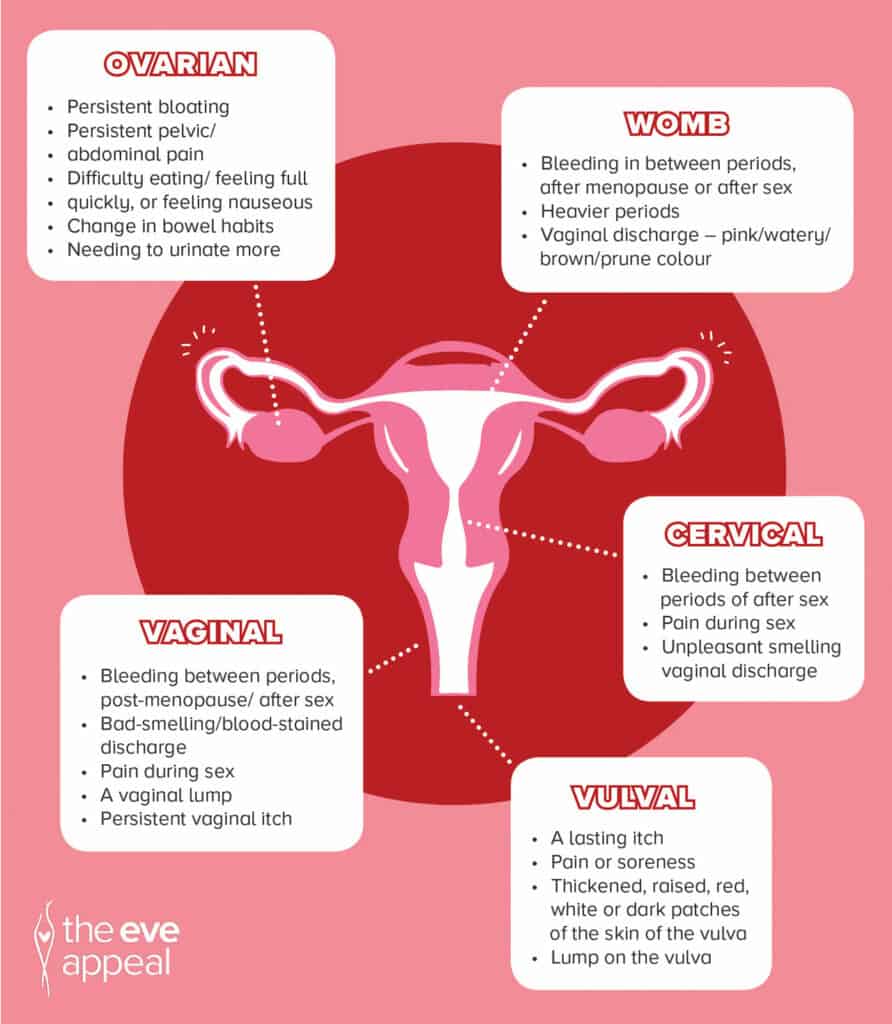The video shows one of our member’s experiences of womb cancer.
Cancer of the womb may be called several different names by your healthcare professional including uterine cancer (the medical name for the womb is uterus), or endometrial cancer which is a cancer of the lining of the womb.
Womb cancer is the fourth most common cancer in women in the UK and the most common of the five gynaecological cancers, with over 9,700 people diagnosed every year in the UK. Its incidence in the UK has increased by 12% in the last 10 years.
Most womb cancers begin in the endometrium (womb lining), where the cells shed each month when menstruating (a period).
Womb cancer is more common in post-menopausal women (when you have not had a period for 12 months), although it can affect anyone with a womb at any age.
he most common symptom of womb cancer is abnormal vaginal bleeding – especially after the menopause.
This irregular bleeding might be:

Any post-menopausal bleed is abnormal, and although it may not be womb cancer, it is important to get any new bleeding checked by your GP. Womb cancer is often detected early, when it is highly treatable, as a consequence of abnormal bleeding.
For post-menopausal women and people with wombs it can take a while to adjust to what is now ‘normal’ in terms of your vaginal discharge. If you are uncertain, do speak to your GP or practice nurse.